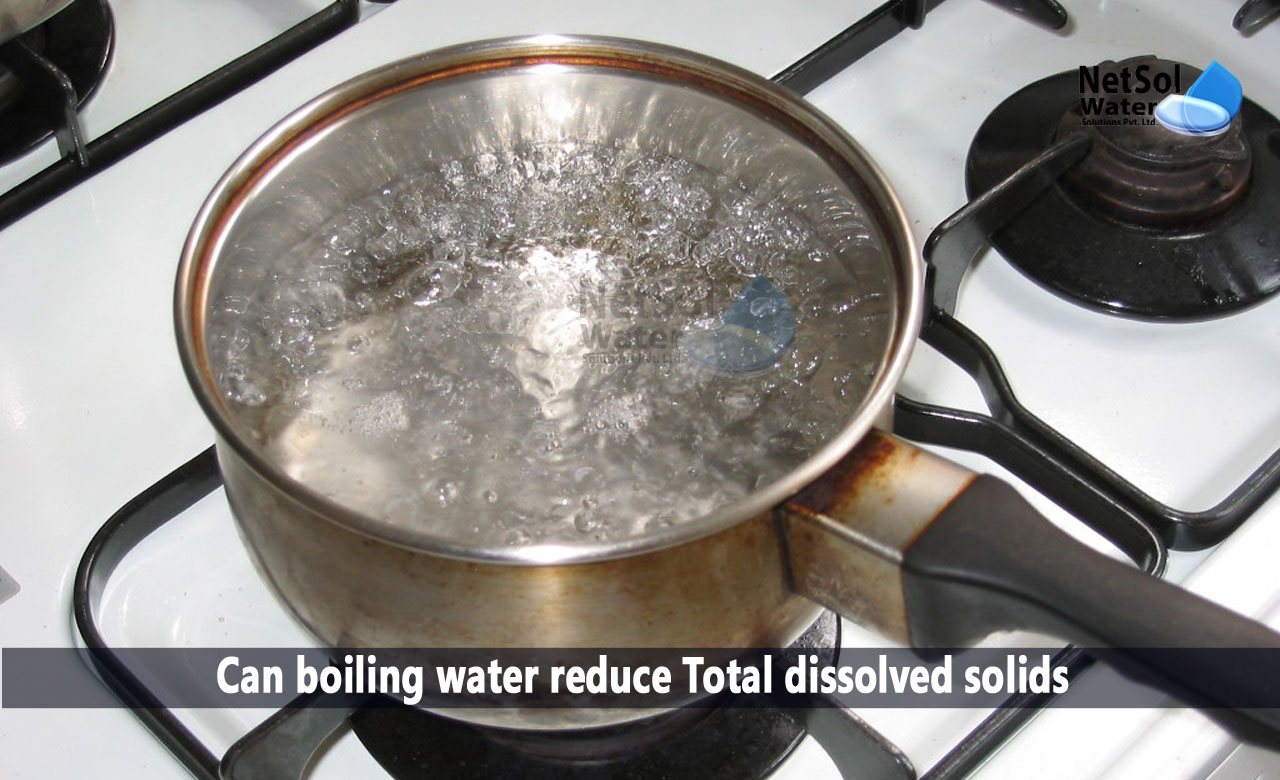The majority of us are aware that drinking water must first be purified. But we frequently are unsure of the most effective method of water purification. Boiling water is one of the common methods used to clean it. Many people believe that heating water makes it safe to drink.
Is that the whole truth, though?
Although, boiling water effectively kills bacteria, viruses, and other pathogens that cause disease, it does not completely ensure that the water is safe to drink. Here are some of the pollutants that boiling water might not be able to completely purge.
Which contaminants are removed by boiling water?
Organisms that cannot endure high temperatures are destroyed by boiling. Additionally, water contains a variety of pathogen-causing bacteria. Chemicals and elements are also present. However, the amount of these pollutants changes with time and place.
Dissolved solids are not eliminated by boiling water. Additionally, the total amount of dissolved solids may rise when the liquid boils. Thus, this may increase the likelihood of harmful pollutants.
Water that has been boiled needs to be drunk right away. Otherwise, when the water cools, bacteria could re-enter.
Can boiling water reduce Total dissolved solids (TDS)?
You need a Commercial RO Plant to lower the amount of TDS in your drinking water, if it has dissolved solids levels of more than 300 ppm. RO plant is a must to reduce your water's TDS to safe levels, making it sweet and potable, especially if your water comes from a borehole or the ground. The TDS in your water is not affected by boiling it.
Because, toxic metals in the water don't evaporate, they can stay in your drinking water and render it unsafe for drinking. Thus, you can only successfully remove TDS by utilizing a RO Plants.
Why you should be concerned regarding Total Dissolved Solids in your water?
You must be concerned regarding TDS as the water may contain:
1. Sulphates
2. Chloramines
3. Nitrates
4. Metals including iron, copper, lead, and chromium
5. Calcium, magnesium, and sodium
Additionally, some of these contaminants pose a serious threat even when very tiny amounts are consumed. Corroded plumbing can let lead seep into the water supply. Additionally, it can harm both body and mind when dissolved in drinking water.
Hard water can also result in hair loss, dry, itchy skin, and some skin allergies. And, these are but a few of the issues brought on by TDS and other inorganic contaminants.
Conclusion
Boiling must be done correctly; merely heating water to a boil is insufficient. It is equally crucial to carry out the task correctly. It is erroneous to think that water purification begins as soon as it warms up.
Water must be brought to a rolling boil for at least one minute, according to the EPA. If you live above 5,000 feet in elevation, give the water three minutes to boil. Also, for removal of contaminants, it is better to utilize RO Plants to remove TDS from your drinking water.
What do we offer?
Boiling water is unquestionably the best option in an emergency, or when there is no other way to purify water since it can protect you from disease-causing germs. However, it's crucial to realize that RO filtered water offers many advantages over boiled water, in terms of health benefits.
Netsol Water combines cutting-edge technology with years of experience, to handle the most challenging water treatment or wastewater treatment requirements of a wide range of clients, including small enterprises, corporations, and regional government agencies.
We also provide various water treatment products which include Commercial RO Plants, Industrial RO Plants, Water Softeners, UV water purification systems, etc. For further information, contact us at +91 9650608473 or email at enquiry@netsolwater.com



